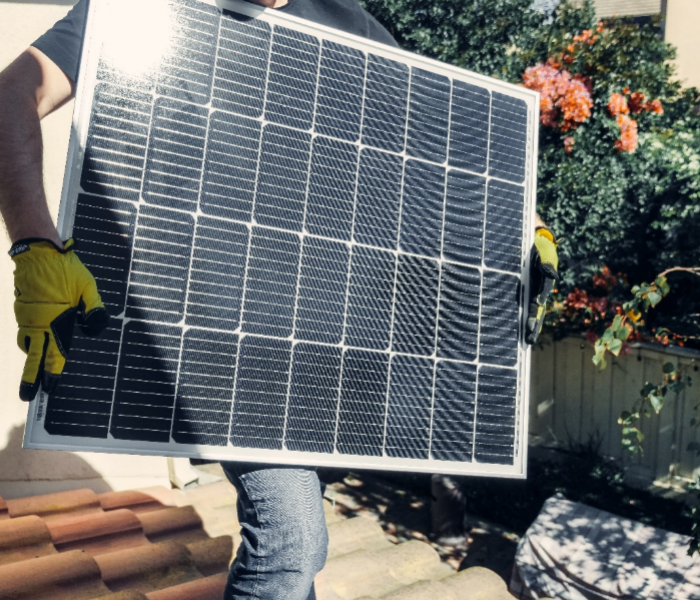
Solar panels are becoming increasingly popular as a way to generate renewable energy and save money on utilities. If you're considering solar panels for your home, you may have come across some unfamiliar terminology. Don't worry—we're here to help! In this blog post, we'll explain some of the most common solar panel terms so that you can make an informed decision about whether solar is right for you.
Solar Panel
a device that converts sunlight into electricity. Solar panels are made up of many individual solar cells that work together to produce electricity.
Solar Cell
The basic unit of a solar panel. Solar cells are made of silicon (an element found in sand) and conduct electricity when exposed to sunlight. A typical solar cell produces about 0.5 volts of electricity.
Photovoltaic (PV) Effect
The process by which light is converted into electricity. PV is the basis for how solar cells work.
Modules and Arrays
A group of interconnected solar cells that work together to generate electricity. Modules and arrays are often used interchangeably, but technically, a module is a single row of connected cells, while an array can be multiple rows of connected cells.
Solar Inverter
A device that converts the direct current (DC) output of a solar module into alternating current (AC), which is the type of electricity used in homes and businesses.
Solar Panel Efficiency
The percentage of sunlight that is converted into electricity by a solar cell. Solar cell efficiency is typically between 10 and 20%.
Electrical Grid
The system that delivers electricity from power plants to homes and businesses. When you generate electricity with your solar panels, it is fed into the electrical grid.
